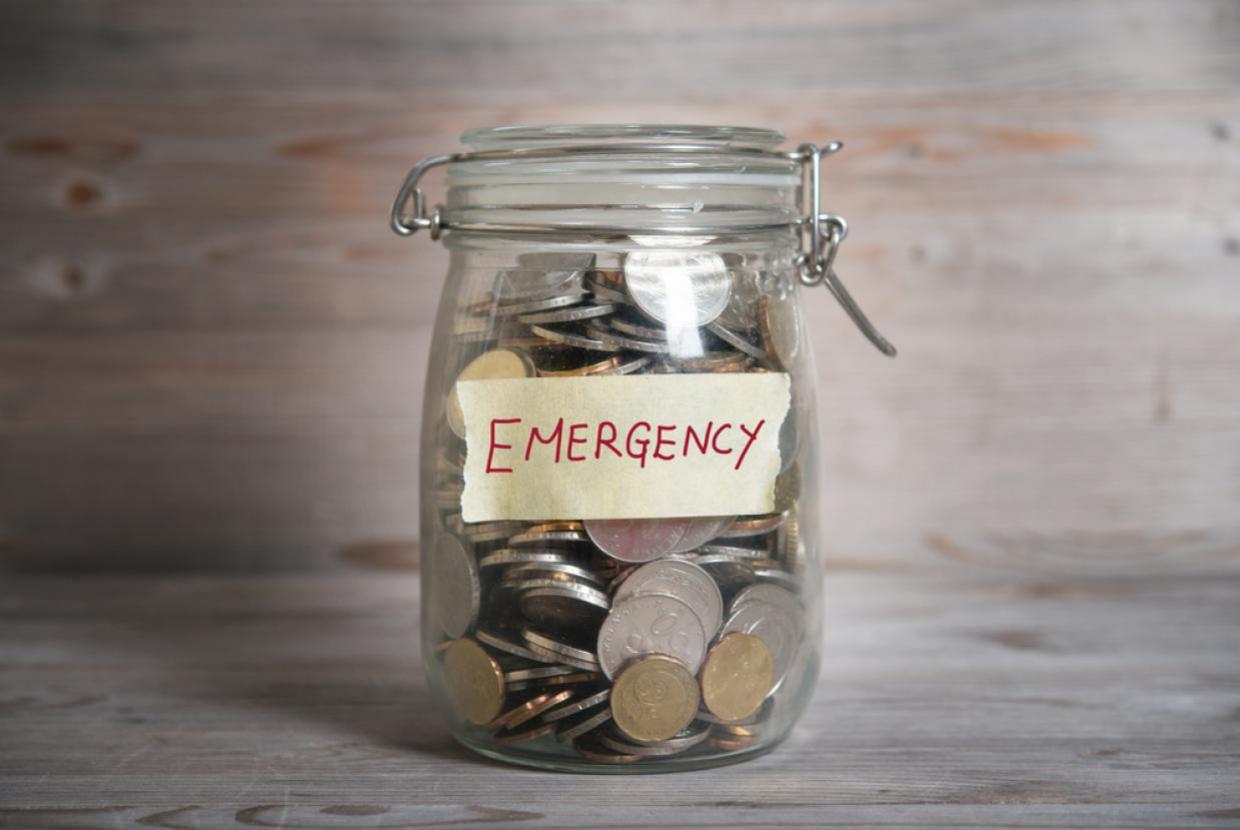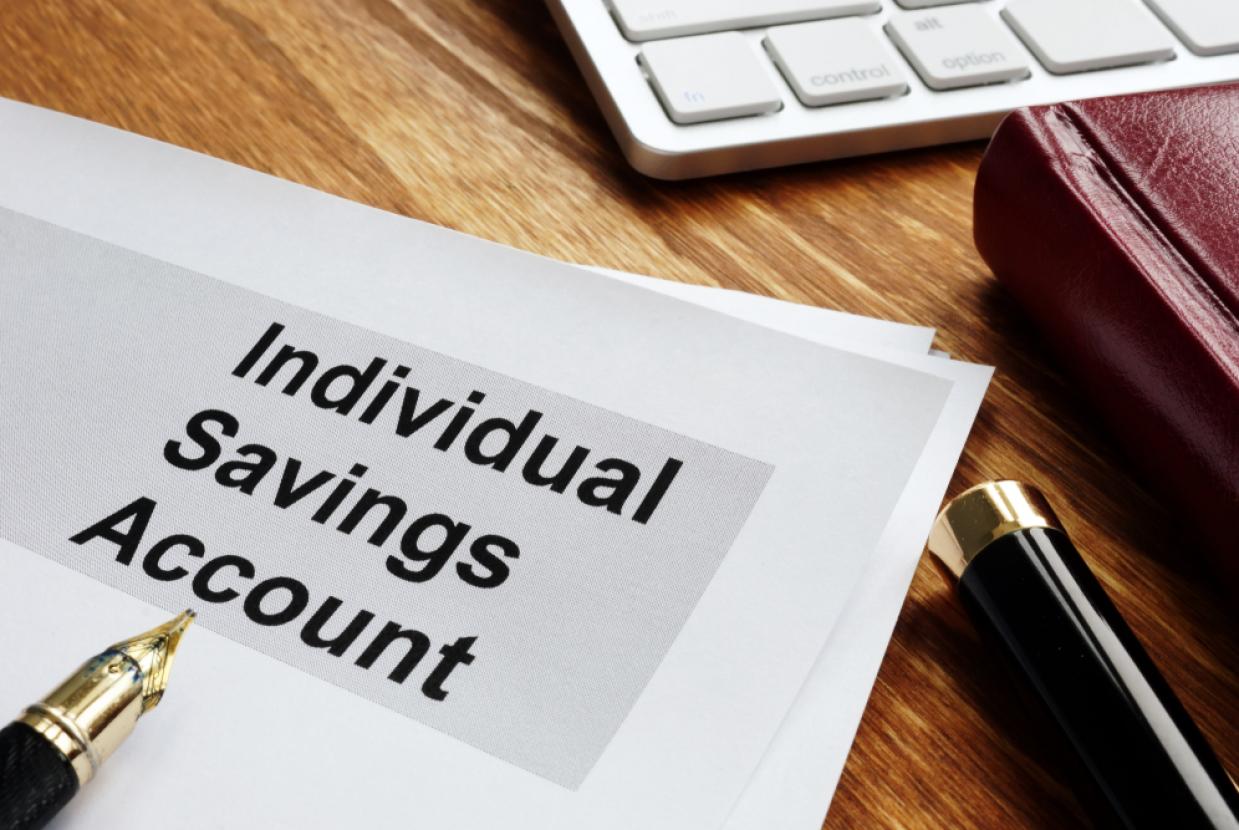Saving For Christmas
After the fun of Christmas is over, many of us can be left facing a hefty bill in the New Year. It can be hard to avoid using credit to pay for the festive season but saving in the run-up will help soften the blow in January.
Talk to your friends and family
Pressure to please loved ones and to give children the perfect Christmas tops the list of reasons people overspend during the festive season. When you’ve worked out how much you can afford to spend on presents, talk to the people you plan to give gifts to about how much you plan to spend.
Many people will struggle this Christmas. If you’re spending too much on presents for loved ones, they might feel the pressure to spend the same amount on you, even if they can’t afford to.
You might feel stressed about the idea of having a difficult conversation about money, and you may forget the important things you wanted to bring up.
Set a budget
To begin your budget, make a list of family and friends you will be buying presents for and allocate an amount for each person.
If you are hosting dinner, then consider how many people will be coming over and how much you will need to spend on food and drink.
From there, you should be able to work out how much money you would need to put away each month.
For example, saving £20 a month from the start of the year will get you £240 to spend at Christmas.
Saving for Christmas
It’s difficult to pay for Christmas out of December’s pay packet alone, so it makes sense to save up as much as you can beforehand. The earlier you start saving, the less you need to put aside each month. Even a small amount over a few months can make a big difference. Treat saving in the same way as you would a bill.
Committing to saving a regular sum each month or week is more effective than simply saying you’ll save whatever you have left over, which might be nothing. Try to be realistic – it’s better to commit to a manageable amount than to aim too high and give up.
Not sure how much you can afford to save? Start small – put your spare £1 or £2 coins into a jar each week. If that works, try setting aside a bit more on a regular basis.
Borrowing for Christmas
Borrowing money to cover your Christmas spend could come at a price in interest and fees.
Paying back the debt could be expensive and if you miss payments there’ll be a negative impact on your credit report. It could affect your future ability to get any type of credit at all.
Consider starting some new Christmas traditions
Start some new Christmas traditions that the whole family can join in with and save some money along the way. Picking up Christmas essentials like crackers or decorations in the sales can mean big savings, sometimes around 50%.
If you know what gifts you need to buy, it can help to pick up an item a month to help spread the cost and save you the hassle of shopping when everyone else is.
You could also embrace the digital age and email Christmas cards to save on postage. There are lots of free websites that let you create your own cards, with family photos and videos.
A pre-Christmas clear out with the family will help you get in order for the festive season but could also put some money back in your pocket.
Once you’ve put aside anything you no longer want, make some extra cash by selling it online or at a local sale. If you time it right, you’ll find plenty of people looking for second-hand gifts.
Should you join a Christmas savings club?
You might be tempted to join a Christmas savings club. But they won’t offer you interest on your savings and come with a greater risk than saving through your bank or building society. Christmas savings schemes are not regulated in the way that banks and building societies are.
If the Christmas club you’re saving with goes out of business, you might lose all the money you put into it. You’re also quite likely to receive your money back in vouchers, which are not always easy to spend in full and gives you a limited range of retailers to spend it with.
If you’re struggling to open a bank account for your savings, then speak to your local credit union. They’re more likely to offer you a higher rate of return on your savings than a Christmas club.
Don’t be afraid to share your worries
Feeling down can make it tough to manage money and worrying about it can make you feel even worse.
If your worries are related to your financial independence this might be a sign of financial abuse. There’s support for you.





































